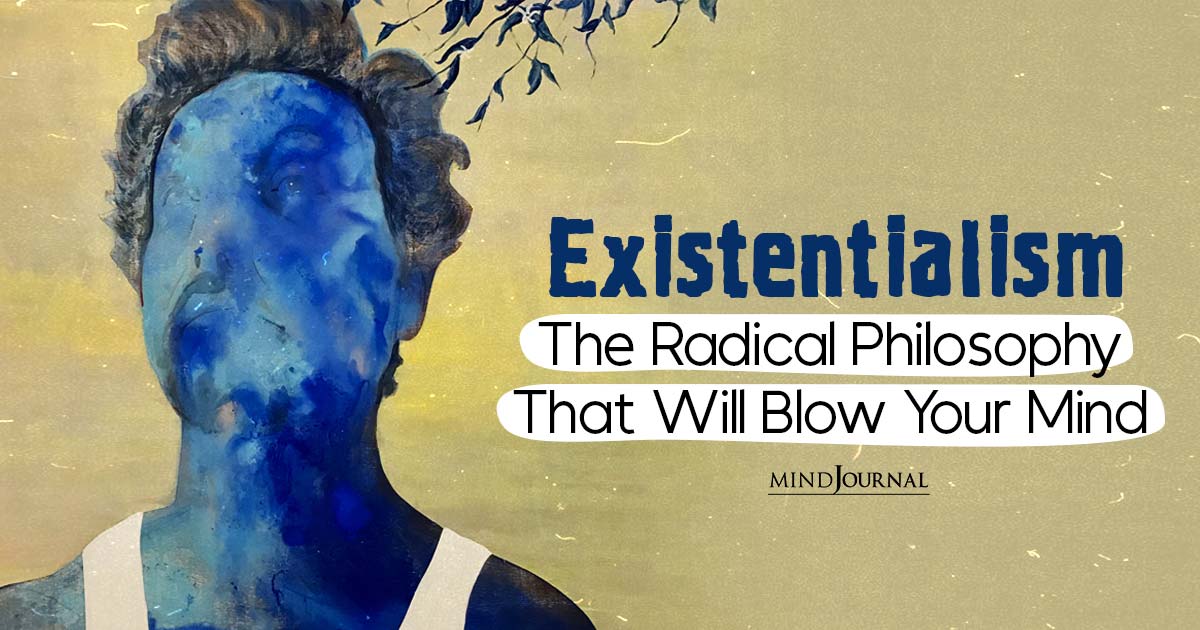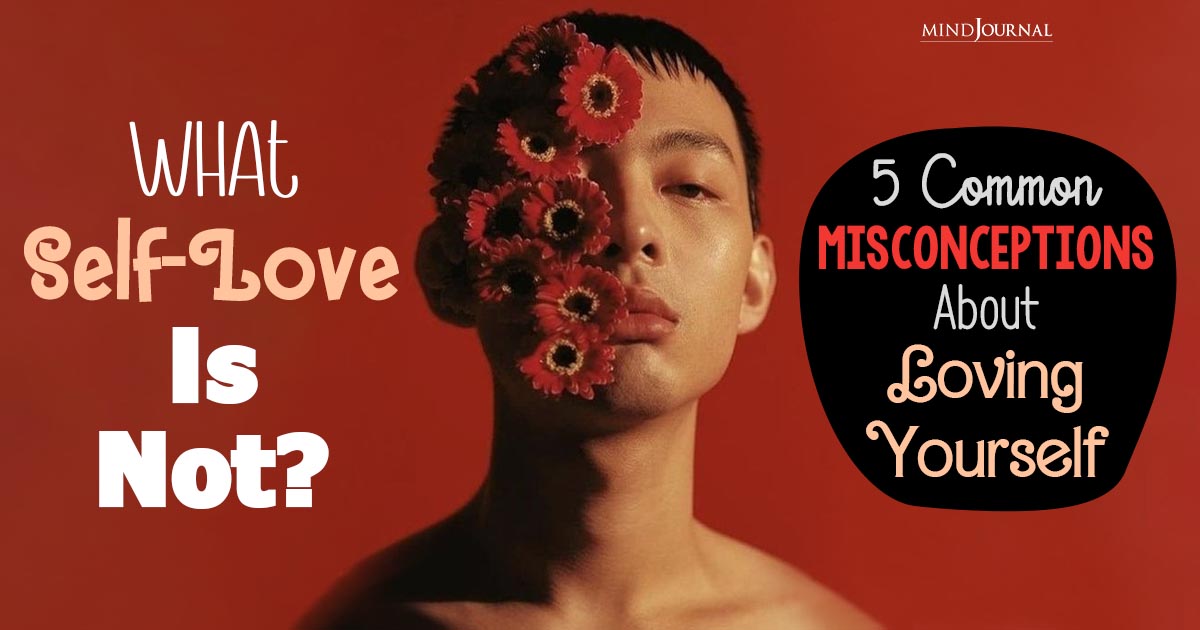Have you ever wondered what the meaning of life is? Many philosophers & theologians have tried to answer it, but the truth is, there is no one answer that fits everyone. That’s where existentialism philosophy comes in. Let’s explore what is the main idea of existentialism and the search for meaning in life.
What is the main idea of existentialism?
Before we can understand what is the main idea of existentialism, we need to understand the core existentialism meaning.
Existentialism definition: Existentialism is a philosophical movement that emphasizes individual freedom and choice, and the need for individuals to create their own meaning in life. It emphasizes personal responsibility and the inherent uncertainty of existence.
At its core, existentialism philosophy recognizes that we are all unique individuals with our own experiences and perspectives, and that we must each find our own path in life. Existentialism meaning is that life has no inherent meaning or purpose. It is up to each individual to create their own meaning through their choices and actions.
Related: What Is The Point Of Life? The Answer Is Not What You May Think It Is
Understanding existentialism
So what is the main idea of existentialism? The central tenet of existentialism is that the individual human exists first, then creates meaning and essence through their choices and actions.
The search for meaning and understanding of one’s self and place in the world is considered the most important human pursuit. Existentialism philosophy emphasizes individual freedom and choice in determining how to act and what to value while living in a purposeless universe.
Existentialism definition highlights the conundrum that humans want meaning and purpose, but we are thrust into a world with no inherent meaning or direction. We are born disconnected from any predefined essence or purpose.
There is no overarching cosmic plan that gives our lives higher meaning. This can make for a confusing and anxiety-inducing state of being. But existentialism argues that this very situation gives us the ultimate human freedom – the freedom to define our own meaning and essence.

Many existentialist philosophers believe this state, accompanied by angst and dread, is part of the authentic human condition we must face. However, through awareness and free choices we make during our lives, we can create meaning and values for ourselves.
The subjective meaning we give to our own experiences is what brings us a sense of purpose even in an inherently meaningless universe. Therefore, existentialism revolves around the concept that humans create meaning through the choices they make and actions they take.
Now that we know what is the main idea of existentialism, let’s explore its origins.
Origins of existentialism philosophy
Existentialism emerged in the 20th century as a response to the horrors of World War II. Many people were left questioning the meaning of life after witnessing the atrocities of war. Existentialism provided a way to make sense of the world and find meaning in a seemingly meaningless existence.
Existentialist thinkers such as Jean-Paul Sartre, Albert Camus, and Friedrich Nietzsche emphasized the importance of individual freedom and choice. They believed that we are all responsible for our own lives and that we must take ownership of our choices and actions.
Existentialism meaning is that we cannot blame external circumstances or fate for our situation in life. We must accept responsibility for our own lives and create our own meaning.
Related: When Life Feels Empty: 7 Signs of an Existential Crisis and Ways to Cope
6 characteristics of existentialism
Existentialism is a philosophical movement that emerged in the 20th century, and is characterized by several key features. Understanding these 6 characteristics of existentialism is crucial for learning what is the main idea of existentialism.
Here are six characteristics of existentialism:
1. Emphasis on individual freedom and choice
Existentialism places a strong emphasis on individual freedom and choice, and recognizes that we must each create our own meaning of life.
2. Rejection of traditional values and beliefs
Existentialists reject traditional values and beliefs, and recognize that we must each find our own path in life. This is one of the 6 characteristics of existentialism.
3. Recognition of the inherent uncertainty of existence
Existentialism recognizes that life is inherently uncertain and unpredictable, and that we must embrace the unknown.
4. Emphasis on personal responsibility
This is another one of the 6 characteristics of existentialism. Existentialism definition emphasizes personal responsibility, and recognizes that we are each responsible for our own lives and choices.
5. Emphasis on authenticity
Existentialism emphasizes the importance of living authentically, and being true to oneself. It suggests that we must be honest with ourselves about our desires and motivations, and live in accordance with our values and beliefs.
6. Emphasis on the search for meaning
Existentialism emphasizes the importance of the search for meaning in life, and recognizes that we must each create our own meaning through our choices and actions. It acknowledges that life has no inherent meaning or purpose, and that we must create our own sense of purpose and fulfillment.
So now we know about the 6 traits of this philosophical concept. Let’s explore the concept in depth by exploring existentialism vs absurdism, existentialism vs nihilism and existentialism vs stoicism.
Related: What is Existential Depression? 15 Signs You Have It
Existentialism vs absurdism
Existentialism and absurdism are two closely related philosophical movements that emerged in the 20th century. While both share a common rejection of traditional values and beliefs, they differ in their approach to the search for meaning in life.
Existentialism emphasizes individual freedom and choice, and recognizes that we must each create our own meaning in life. Absurdism, on the other hand, emphasizes the fundamental absurdity and meaninglessness of existence, and suggests that the search for meaning is ultimately futile.
According to existentialism vs absurdism, while existentialism offers a way to find meaning in a seemingly meaningless world, absurdism suggests that the search for meaning is itself absurd.
But understanding existentialism vs absurdism is not enough, we must also understand existentialism vs nihilism.
Existentialism vs nihilism
Existentialism and nihilism also have certain philosophical similarities such as rejection of traditional values and beliefs, but both approaches have a different take on the meaning in life.
Nihilism argues that life has no inherent meaning or value. It suggests that all beliefs and values are ultimately meaningless, and that life is without purpose.
Existentialism vs nihilism states that while existentialism focuses on individual freedom and choice, nihilism suggests that there is no meaning to be found.
Now let us explore the concept of existentialism vs stoicism.
Existentialism vs stoicism
Existentialism and stoicism are two philosophical movements that have gained popularity over time for their unique approaches to life’s challenges. Both movements share common themes of personal responsibility and individual agency, but diverge significantly when it comes to their views on the question of meaning in life.
Let’s understand existentialism vs stoicism.
Understanding what is the main idea of existentialism helps you realize that this philosophical concept focuses on the individual’s need to create their own meaning in a world that is perceived as meaningless, recognizing the inherent uncertainties and unpredictability of existence.
Stoicism, on the other hand, emphasizes the importance of accepting the world as it is, finding inner peace, and focusing on what is within our control. It encourages individuals to cultivate a sense of inner calm and resilience by detaching themselves from external circumstances and seeking to live in harmony with nature.
While both philosophies offer valuable insights for navigating life’s challenges, existentialism encourages individuals to embrace the unknown and find meaning through self-discovery, while stoicism emphasizes finding peace within oneself by accepting the world as it is.
Related: 5 Defensive Strategies To Diminish Existential Dread
Criticisms of existentialism
Here are some common criticisms of existentialism meaning:
1. It promotes subjective relativism
Since existentialists claim that individuals create their own meaning and values, this can lead to the idea that all values and beliefs are equally valid. Some critics argue this undermines the possibility of objective truths and moral absolutes.
2. It provides no real guidance
Critics argue that existentialism’s emphasis on freedom and individual meaning provides no actual guidance for how people should live their lives. If everyone makes up their own meaning, there are no objective ways to determine what choices are “good” or “worthwhile.”
3. It leads to despair and narcissism
Some critics argue that existentialism definition’s focus on angst, meaninglessness and individual freedom can promote selfishness, isolation and hopelessness. If there is no inherent meaning, people may slip into despair and become focused only on their own happiness.
4. It downplays social relationships
Since existentialism focuses so much on individual choices and meaning, it may undervalue the importance of social connections and community. Some critics argue our sense of meaning and purpose actually comes largely from our relationships with others.
5. It rejects religious and spiritual sources of meaning
Critics argue that existentialism fails to consider the potential for individuals to find meaning through spiritual or religious frameworks that offer inherent purpose and values. Existentialism’s atheistic leanings reject these sources of transcendent meaning.
The search for meaning in life
For existentialists, the search for meaning in life is a deeply personal and subjective experience. There is no one answer that applies to everyone. We must each find our own path and create our own meaning.
This can be a daunting task, as it requires us to confront our own mortality and the inherent uncertainty of life. We must accept that there are no easy answers or guarantees in life. We must embrace the unknown and make choices even in the face of uncertainty.
Existentialists believe that the search for meaning in life is an ongoing process. It is not something that can be achieved once and for all. We must continually re-evaluate our lives and make choices that align with our values and goals. This means being open to change and willing to take risks.
The existential crisis
The search for meaning in life can sometimes lead to an existential crisis. This is a period of intense questioning and uncertainty about the meaning of life. It can be a difficult and painful experience, but it is also an opportunity for growth and self-discovery.
Existential crises can be triggered by major life events such as the death of a loved one, a traumatic experience, or a major life transition. They can also be triggered by a sense of dissatisfaction or disillusionment with one’s life.
Existential crises can be difficult to navigate, but they can also be a catalyst for positive change. They can lead to a deeper understanding of oneself and a renewed sense of purpose and meaning in life.
Related: 7 Ways To Find Your Purpose in Life
How to apply existentialism in daily life
Now that we know what is the main idea of existentialism, let’s find out how it can be applied to our daily lives. Here are some practical ways that one can apply existentialism in their daily life:
1. Embrace your individuality
Existentialism recognizes that we are all unique individuals with our own experiences and perspectives.
Embrace your individuality and celebrate what makes you different from others. Practice self-expression and be true to yourself.
2. Take responsibility for your choices
Existentialism emphasizes the importance of individual freedom and choice.
Take ownership of your choices and their consequences, and avoid blaming external circumstances or others for your situation in life.
3. Live authentically
Authenticity is a key concept in existentialism.
Be honest with yourself about your desires and motivations, and live in accordance with your values and beliefs. Don’t conform to societal norms or expectations if they do not align with your true self.
4. Find meaning in your life
Existentialism recognizes that life has no inherent meaning or purpose, and that we must each create our own meaning through our choices and actions.
Reflect on what is important to you and what gives your life meaning. Pursue your passions and find ways to contribute to the world in a way that aligns with your values and goals.
5. Embrace uncertainty
Existentialism acknowledges the inherent uncertainty of life. Embrace the unknown and be open to change. Take risks and try new things, even if they are outside of your comfort zone.
6. Face your fears
Existentialism recognizes that facing our fears is an important part of personal growth. Identify your fears and confront them, even if it is uncomfortable or challenging. This will help you to build resilience and develop a greater sense of self-awareness.
7. Connect with others
Although existentialism emphasizes individual freedom and choice, it also recognizes the importance of human connection. Build meaningful relationships with others and find ways to contribute to your community. This will help you to feel a sense of belonging and purpose.
Existentialism can be applied in many ways to our daily lives, from embracing our individuality to finding meaning in our lives. By taking ownership of our choices, living authentically, and embracing uncertainty, we can live more fulfilling and meaningful lives.

Takeaway
Understanding what is the main idea of existentialism makes you realize that this philosophy emphasizes individual freedom and choice. It recognizes that life has no inherent meaning or purpose, and that we must each create our own meaning through our choices and actions.
The search for meaning in life is an ongoing process, one that requires us to be self-aware, reflective, and willing to take risks. Authenticity and choice are key concepts in existentialism, as they allow us to live in accordance with our values and goals. The existential crisis can be a difficult experience, but it can also be an opportunity for growth and self-discovery.
Ultimately, the search for meaning in life is a deeply personal and subjective experience, one that requires us to embrace the unknown and create our own path in life.
Related: How Purpose Changes Across Your Lifetime










Leave a Reply